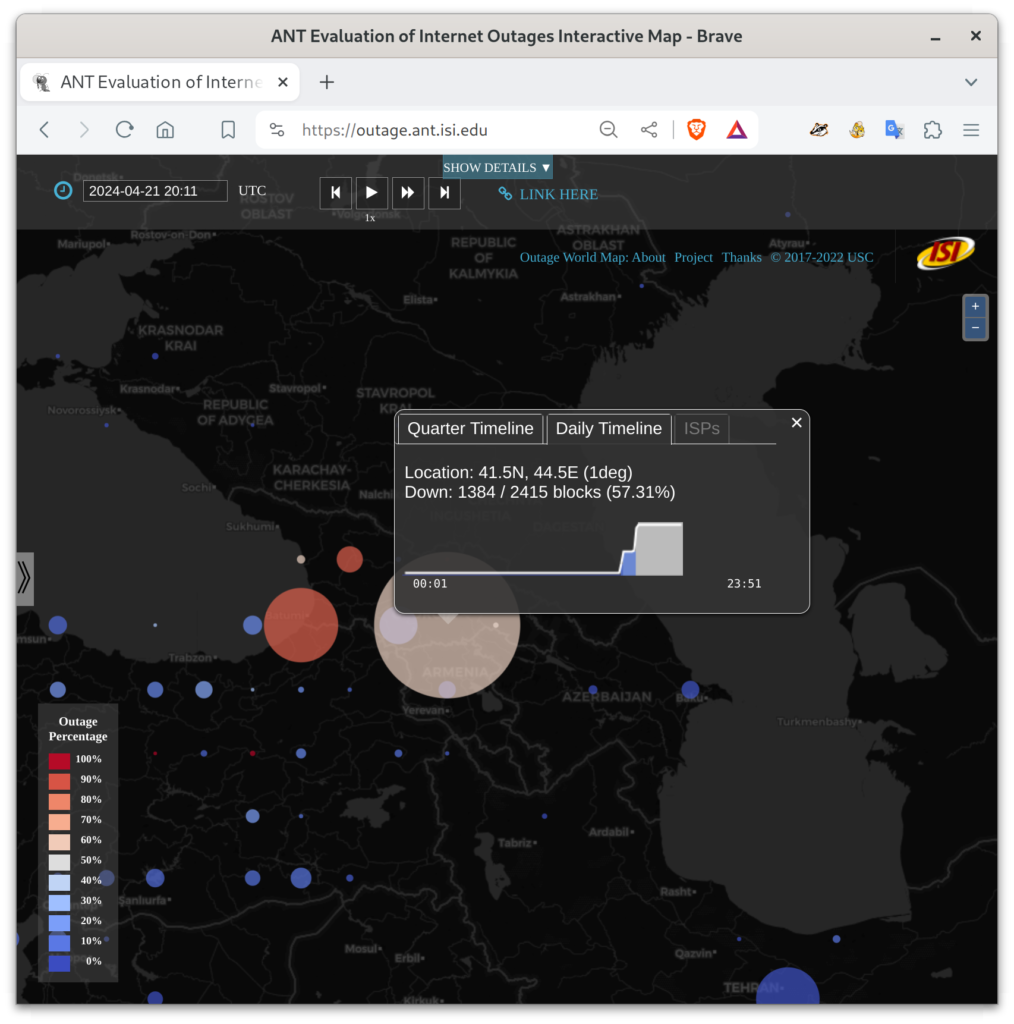We have released a new technical report: “Auditing for Bias in Ad Delivery Using Inferred Demographic Attributes”, available at https://arxiv.org/abs/2410.23394.
From the abstract:
![[Imana23c, figure 3]: Detecting racial skew with BISG-based inference is less sensitive (shown by the lower test statistic Z) than either knowing true-race, or using our improved version that reflects potential inference error. More samples and larger underlying skew make the range of confusion smaller, but do not eliminate it.](https://ant.isi.edu/blog/wp-content/uploads/2024/11/Imana23c_icon-300x276.png)
Auditing social-media algorithms has become a focus of public-interest research and policymaking to ensure their fairness across demographic groups such as race, age, and gender in consequential domains such as the presentation of employment opportunities. However, such demographic attributes are often unavailable to auditors and platforms. When demographics data is unavailable, auditors commonly infer them from other available information. In this work, we study the effects of inference error on auditing for bias in one prominent application: black-box audit of ad delivery using paired ads. We show that inference error, if not accounted for, causes auditing to falsely miss skew that exists. We then propose a way to mitigate the inference error when evaluating skew in ad delivery algorithms. Our method works by adjusting for expected error due to demographic inference, and it makes skew detection more sensitive when attributes must be inferred. Because inference is increasingly used for auditing, our results provide an important addition to the auditing toolbox to promote correct audits of ad delivery algorithms for bias. While the impact of attribute inference on accuracy has been studied in other domains, our work is the first to consider it for black-box evaluation of ad delivery bias, when only aggregate data is available to the auditor.
This technical report is joint work of Basilial Imana and Aleksandra Korolova (both of Princeton) and John Heidemann (USC/ISI). This work was supported by the NSF via CNS-1956435, CNS-2344925, and CNS-2319409 (the InternetMap project).
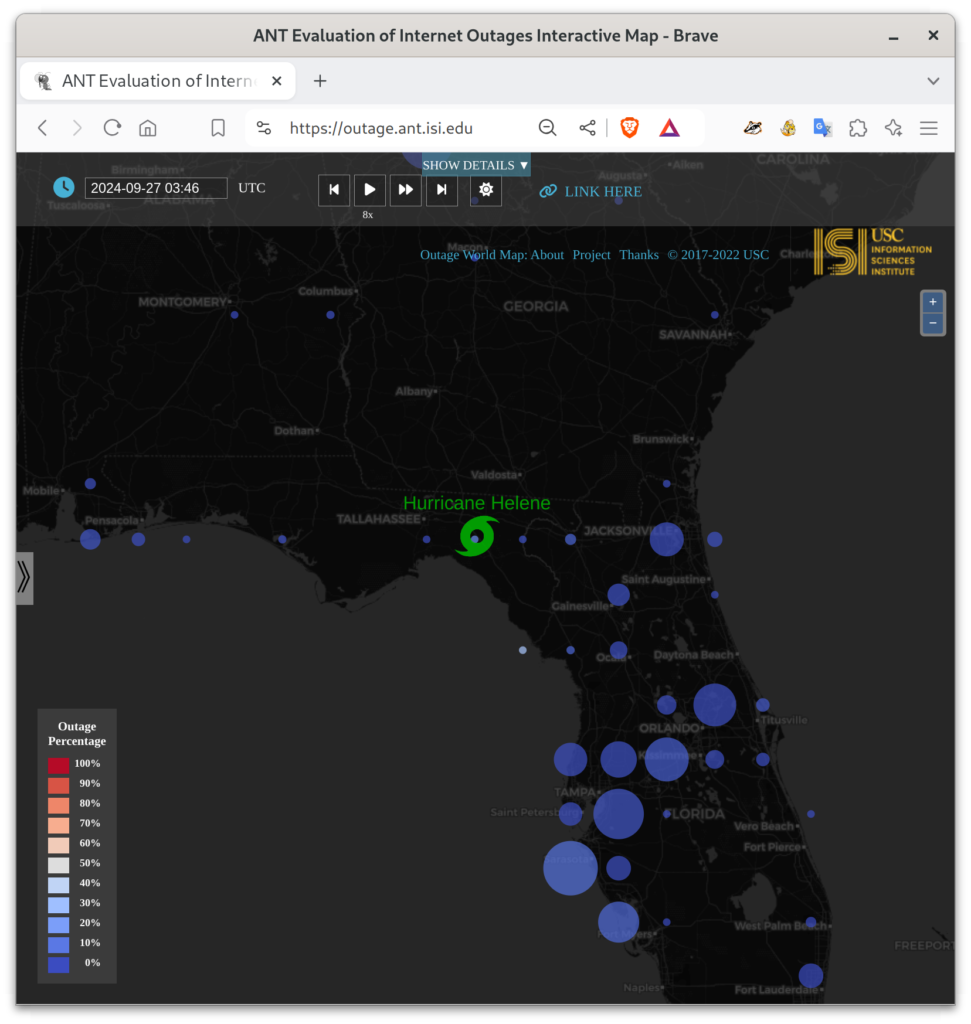
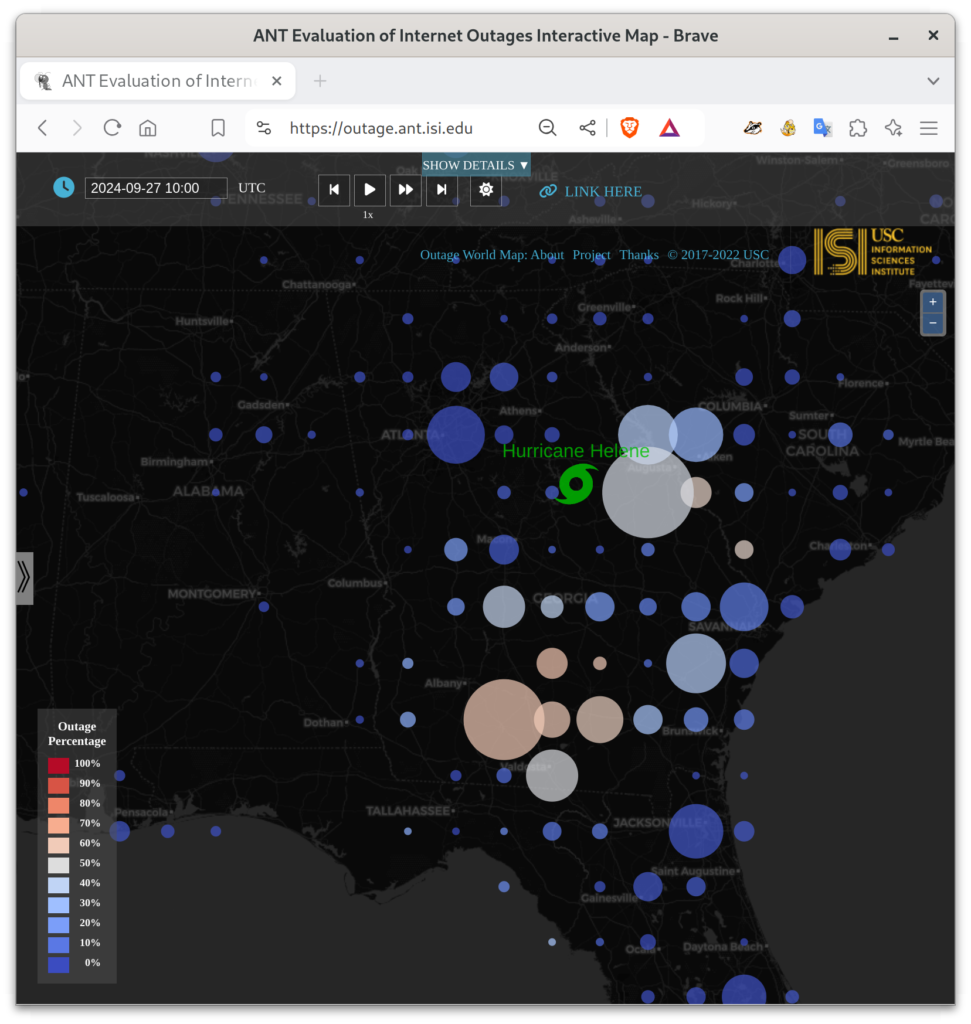
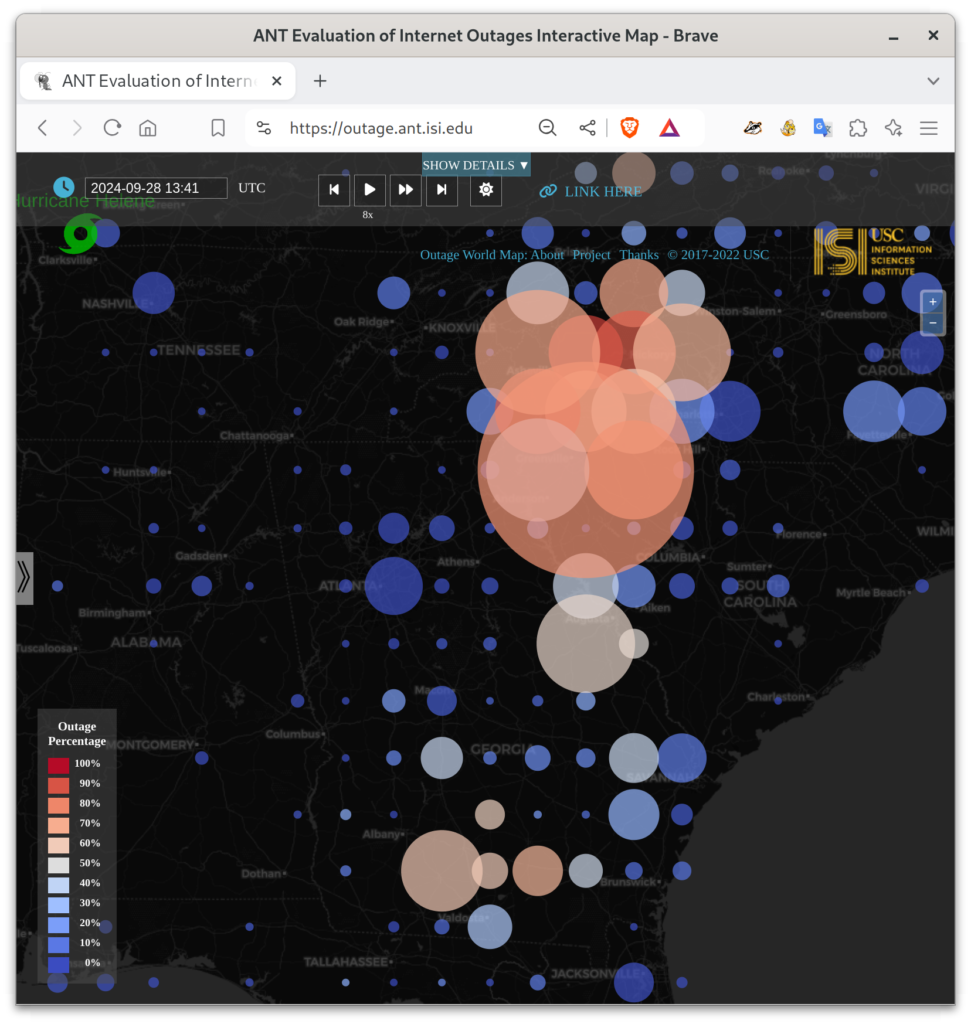
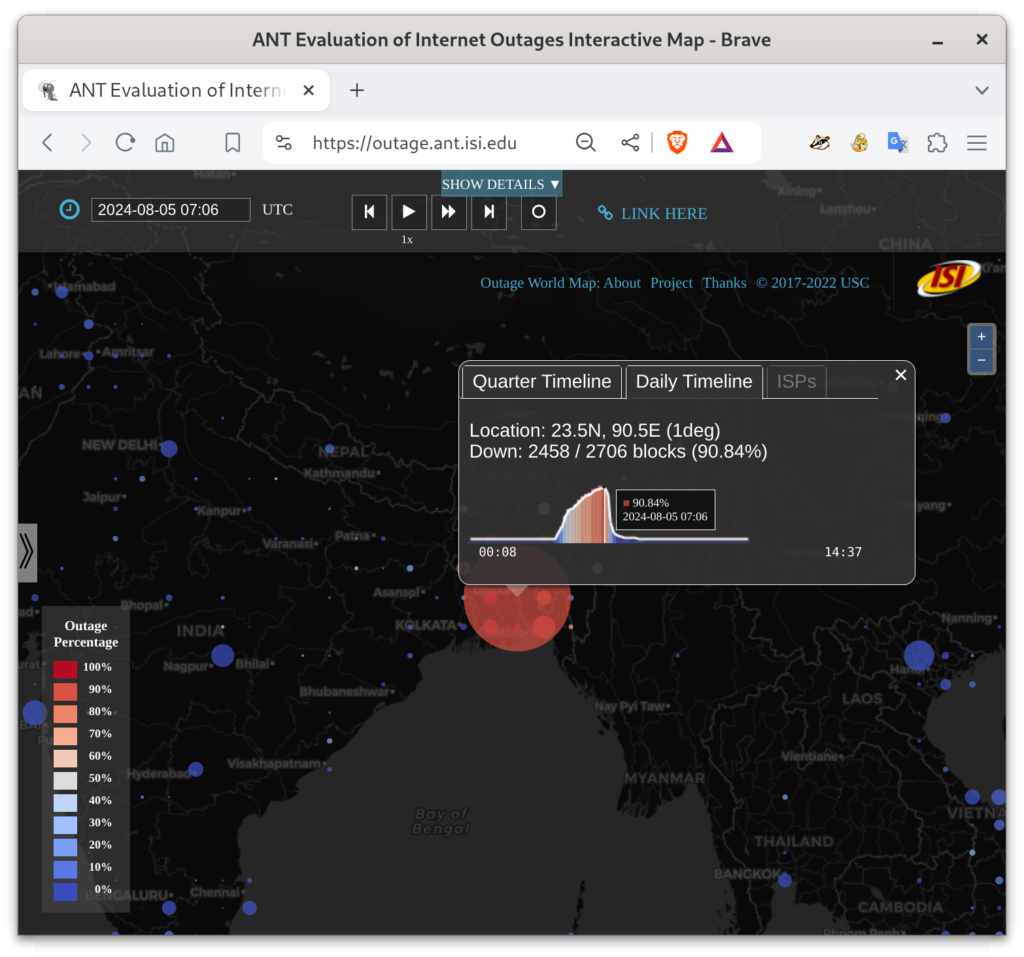
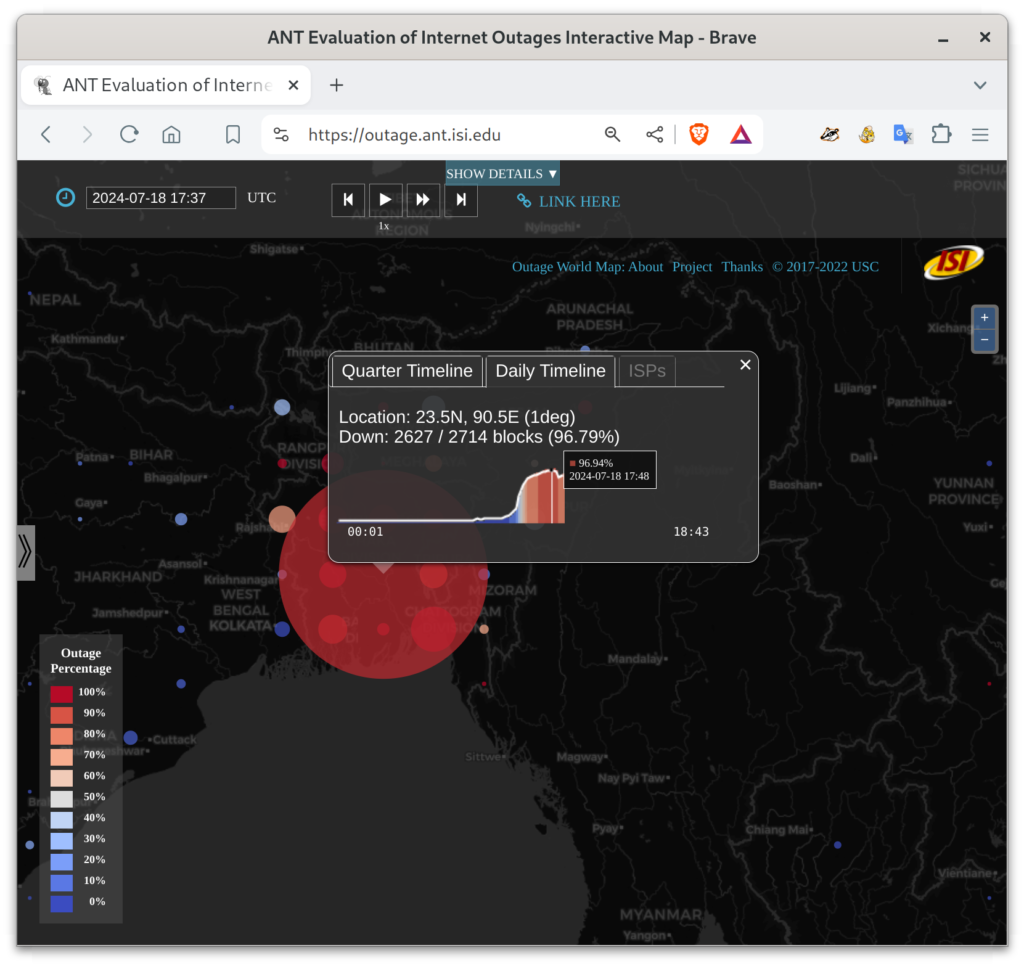
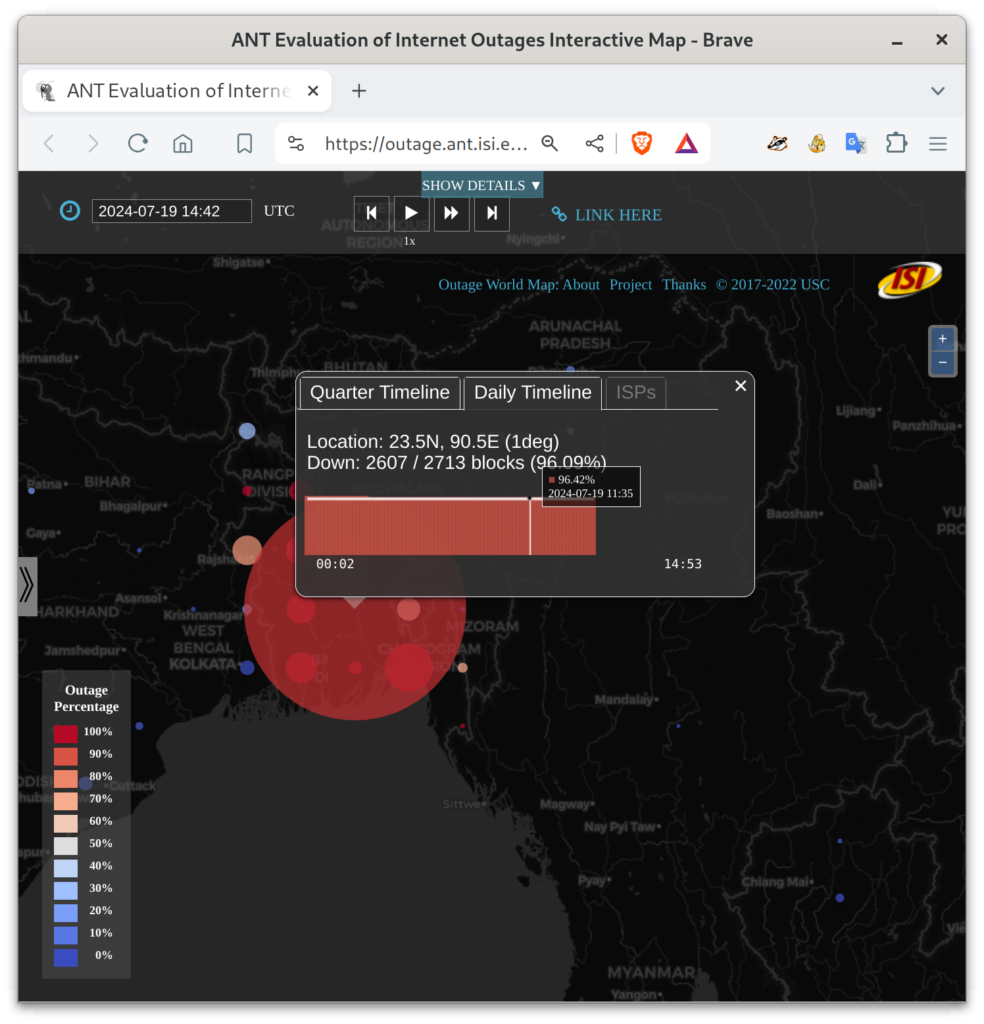
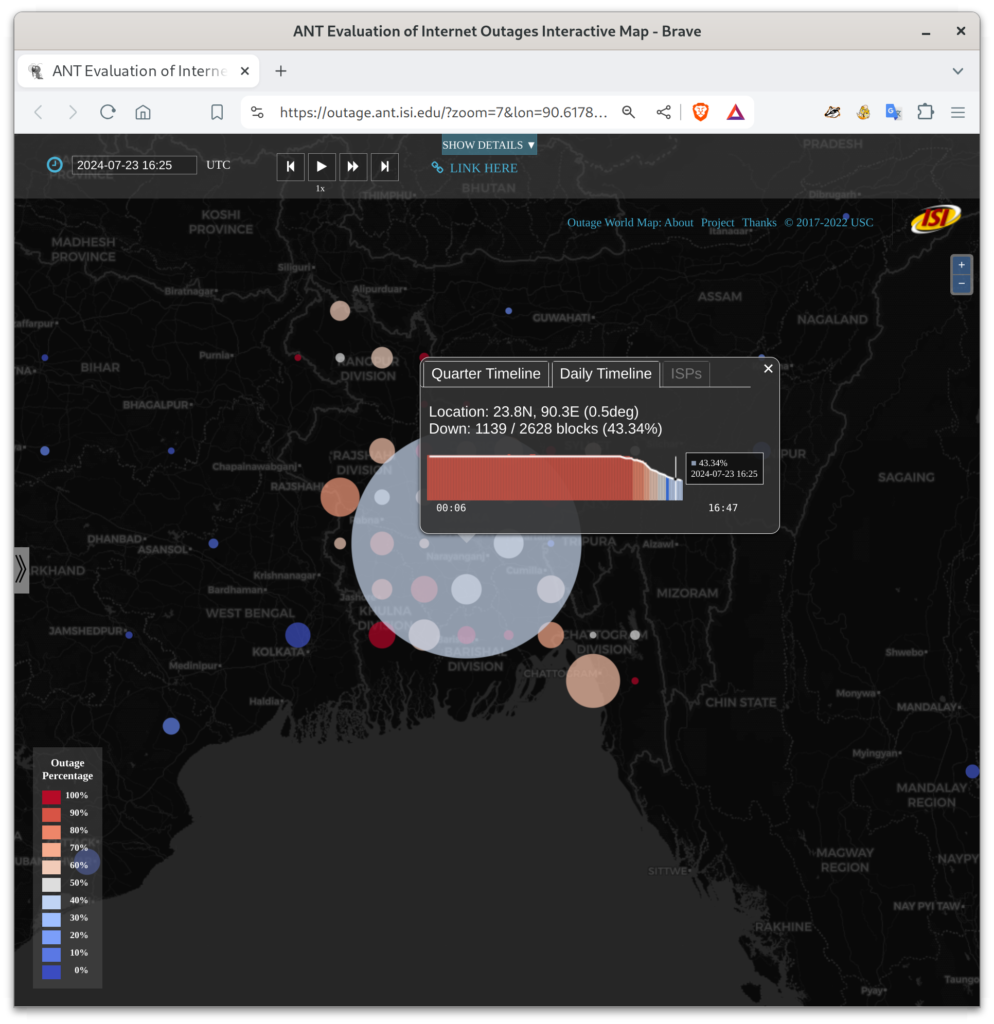
![Figure 1 from [Baltra24b], showing the connected core (A, B and C) with B and C peninsulas, D and E islands, and X an outage.](https://ant.isi.edu/blog/wp-content/uploads/2024/07/Baltra24b_icon-300x78.png)
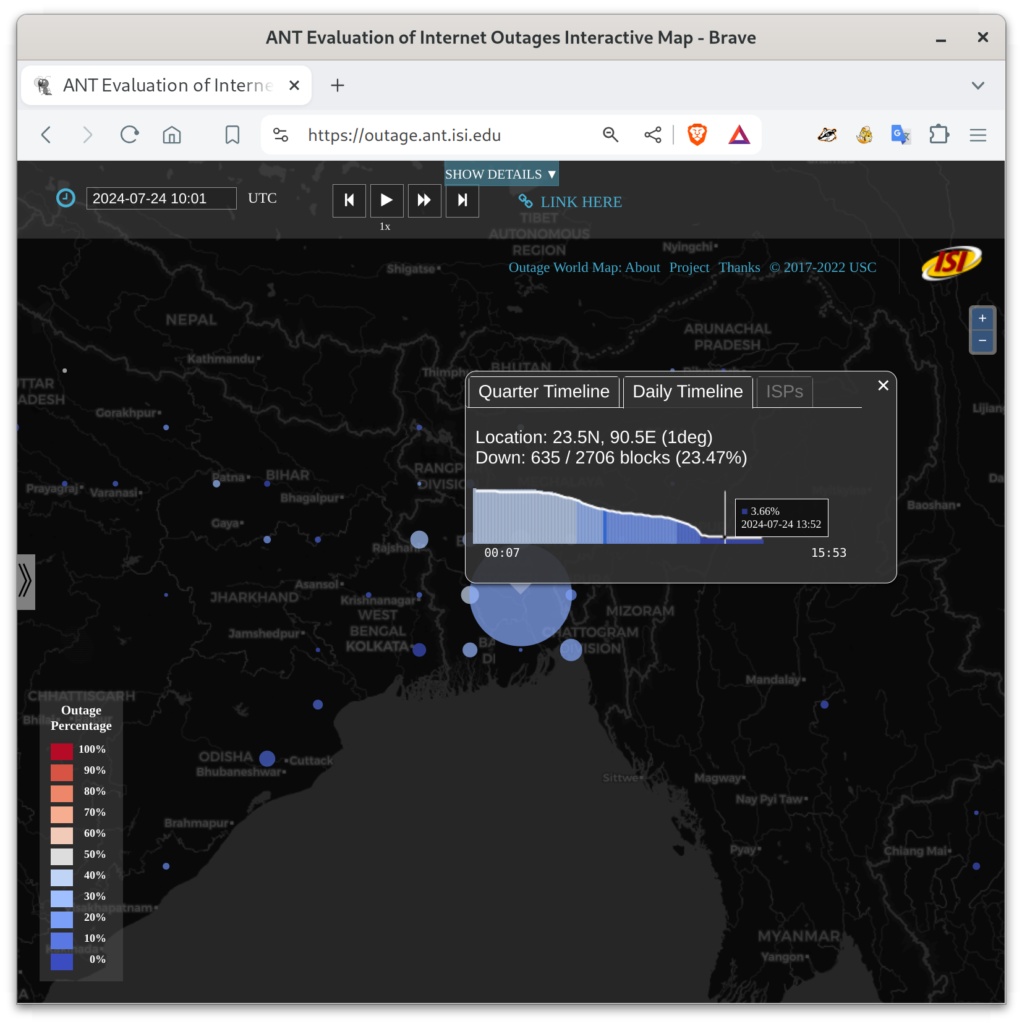
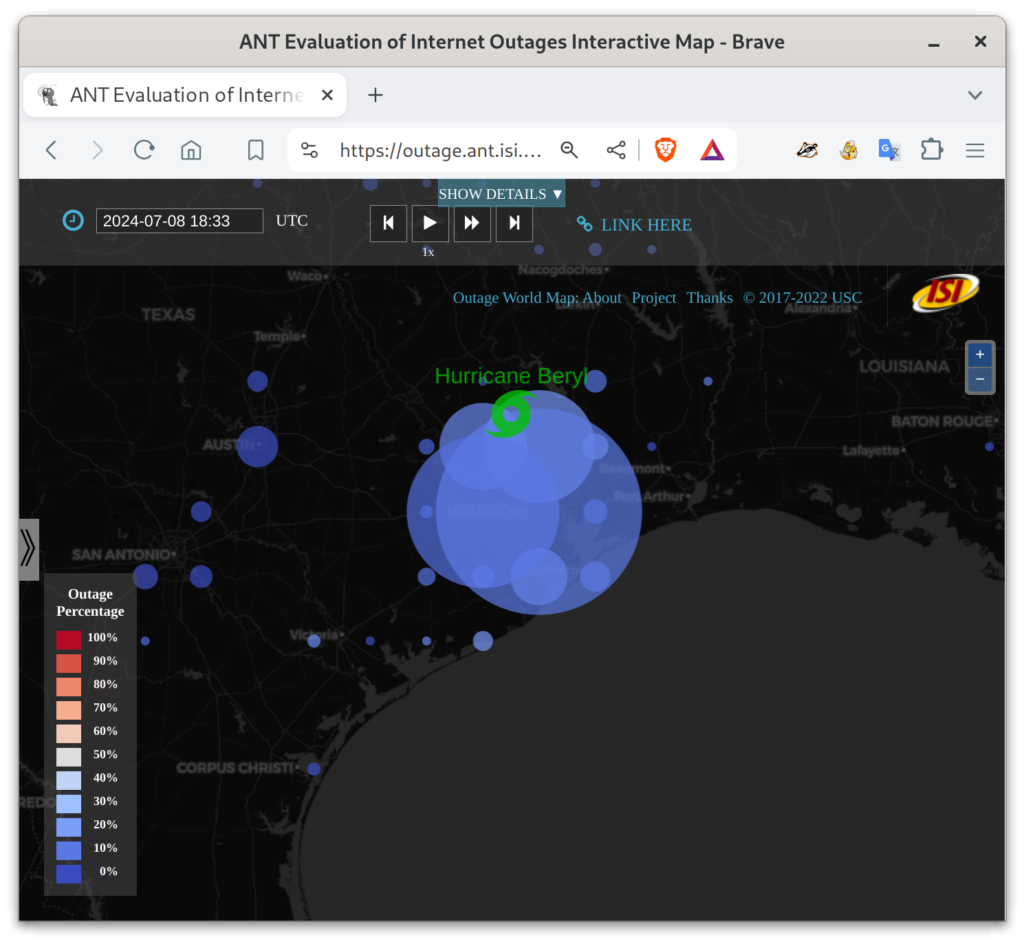
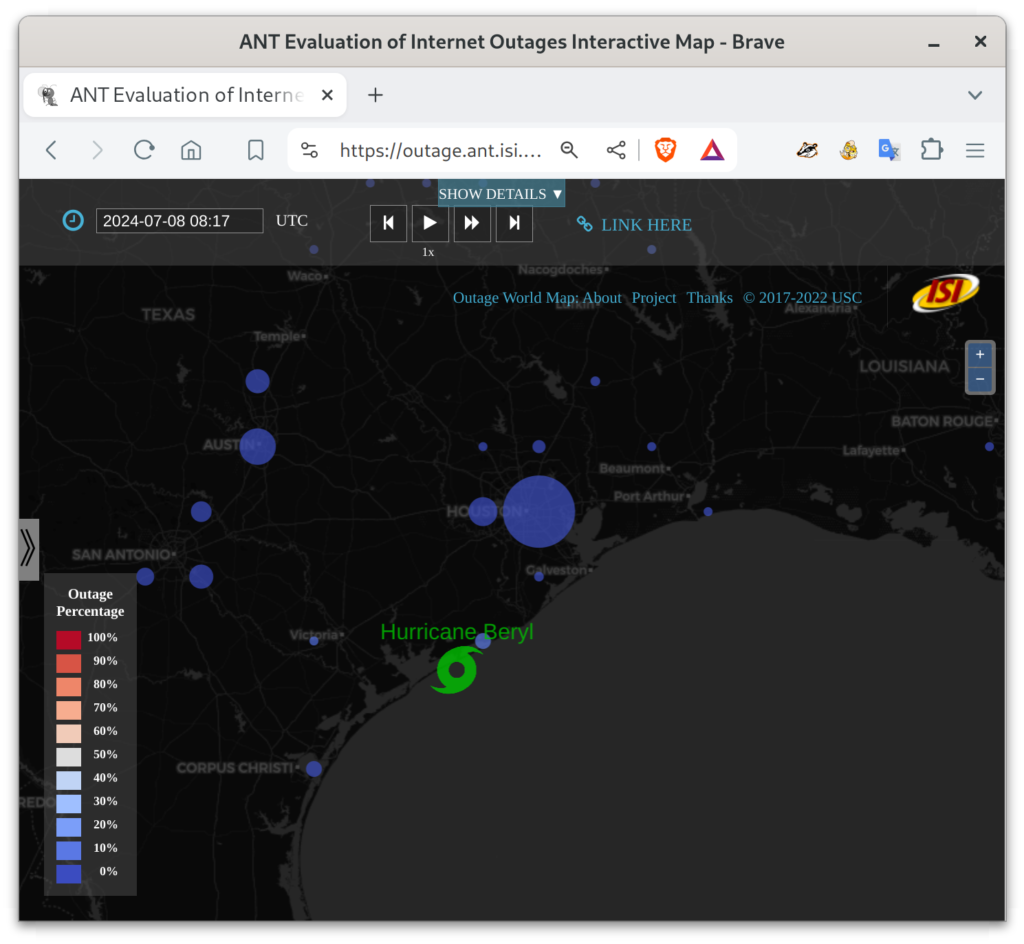
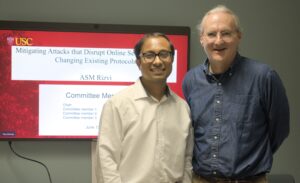
![Experiments showing educational ads for for-profit schools are disproportionately shown to Blacks at statistically significant levels. (from [Imana24a], figure 4).](https://ant.isi.edu/blog/wp-content/uploads/2024/06/Imana24a_icon-300x152.png)
